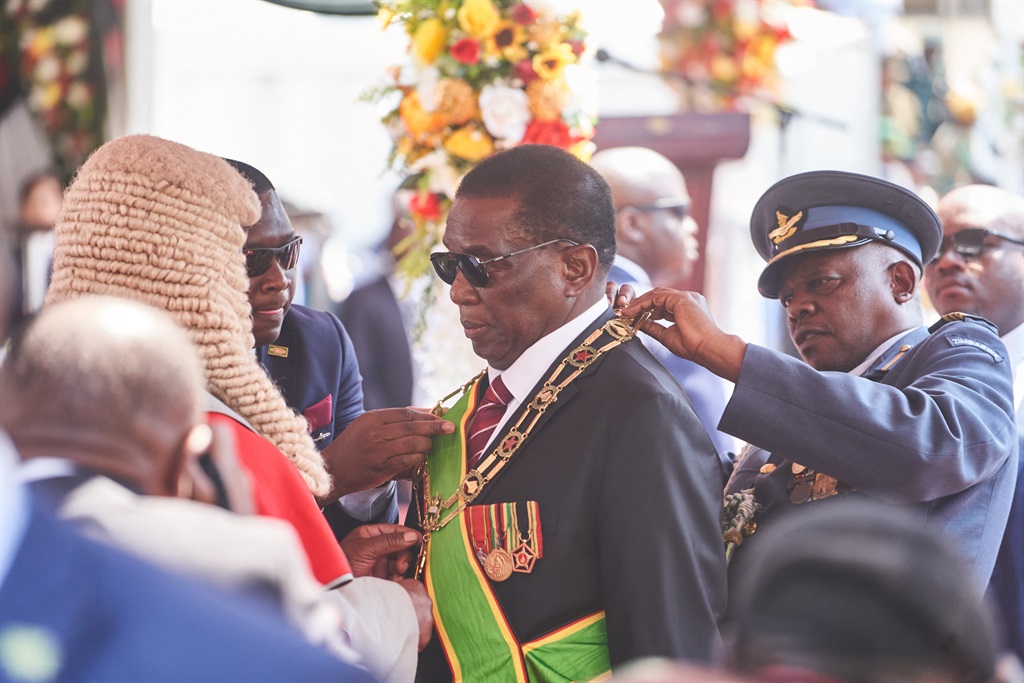
- There are 176 Zanu-PF legislators against the CCC’s 103 in Zimbabwe’s 10th Parliament.
- Former independent legislator Temba Mliswa urged the opposition to push for electoral reforms.
- It will be the first time in two decades the Movement for Democratic Change will not be represented in Parliament.
Eighty senators were also sworn in.
Zanu-PF fell slightly short of a two-thirds majority, which would have given them leverage to change laws.
With 176 members, it will face off with the CCC’s 103.
During the elections, Zanu-PF won 136 electable seats, while the CCC garnered 73.
Only one seat was deferred, and it will await the outcome of a by-election that is yet to be announced.
In total, there are 279 MPs and 90 senators.
For the first time, there are 10 members of the youth quota, one from each province.
In the Senate, Zanu-PF has 33 senators against the CCC’s 27.
The 60 senators from both parties will be joined by 18 traditional chiefs and two representatives of people living with disabilities.
New faces
Notable new faces in the current Parliament include Fadzayi Mahere, the former CCC spokesperson.
She is representing Mount Pleasant, a constituency covering part of Harare’s affluent areas.
In the July 2018 elections, Mahere contested and lost as an independent candidate.
Through a post on Twitter.com, she said: “We will make our voices heard and champion the issues that affect our community with courage and competence.”
Zanu-PF’s director of information, Tafadzwa Mugwadi, joined the long list of largely new legislators.
For the first time in more than two Parliament seasons, there is no independent candidate.
This after the only surviving independent from the July 2018 elections, Temba Mliswa, lost to the CCC’s Richard Tsvangirai, the son of the late opposition stalwart Morgan Tsvangirai who founded the Movement for Democratic Change (MDC).
Mliswa urged opposition legislators to push for electoral reforms during their time in Parliament.
“My clarion call to the opposition is that it should go in with a clear agenda of electoral reforms that it should pursue.
“They have experienced the effect of the field in its current state and are aware of what needs to change,” he said.
The director of the Fort Hare Institute for Social and Economic Research, Philani Moyo, said the new session was the dawn of a new era without the MDC, which had dominated Zimbabwean opposition politics since 1999.
He added:
The MDC under Douglas Mwonzora failed to win a seat in constituencies where it fielded candidates.
Some 87 candidates were disqualified, and Mwonzora withdrew from the presidential race ahead of the polls when he stated the country was heading towards sham elections.
One of the most notable absentees is Tendai Biti, who has been a legislator for the opposition since 2000, representing Harare East.
The delimitation that was used for the August polls collapsed his constituency, and as a result, he was replaced by Allan “Rusty” Markham.
The CCC’s Job Sikhala. who has now been in prison for 450 days, was unable to defend the Zengeza West constituency.
Innocent Zvaipa defended the CCC seat in his stead.


